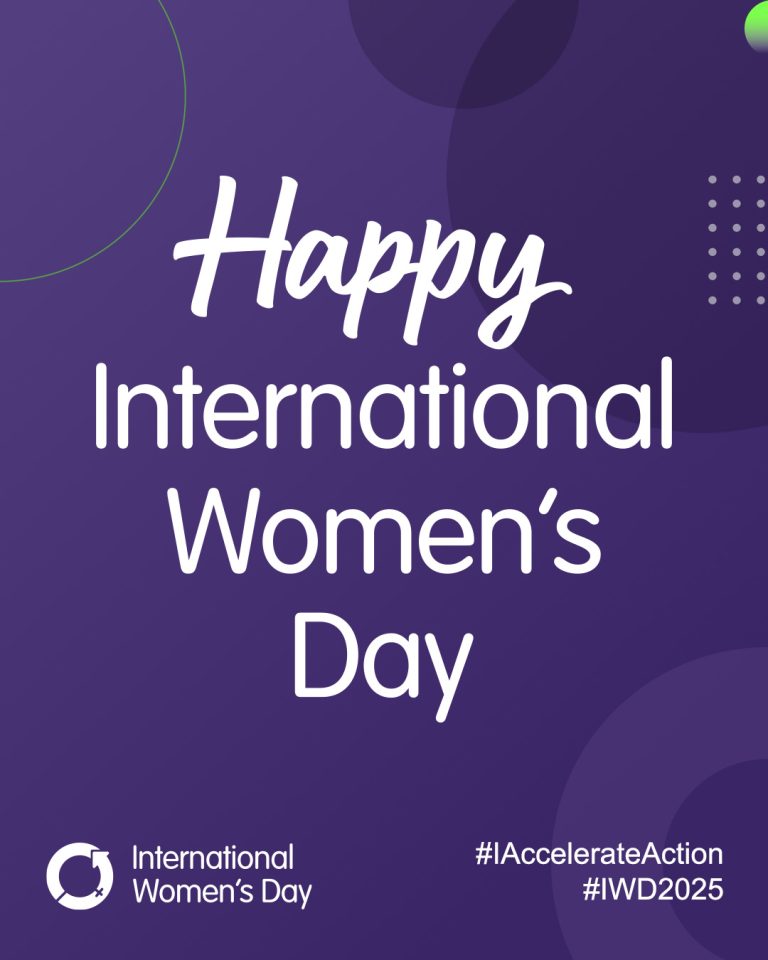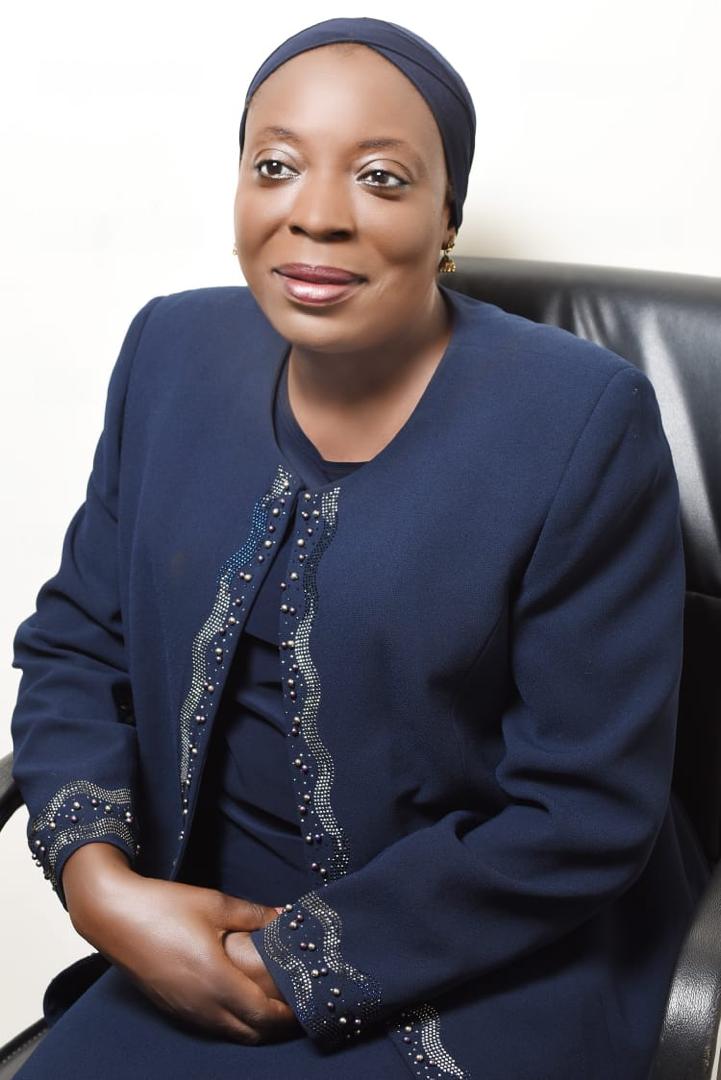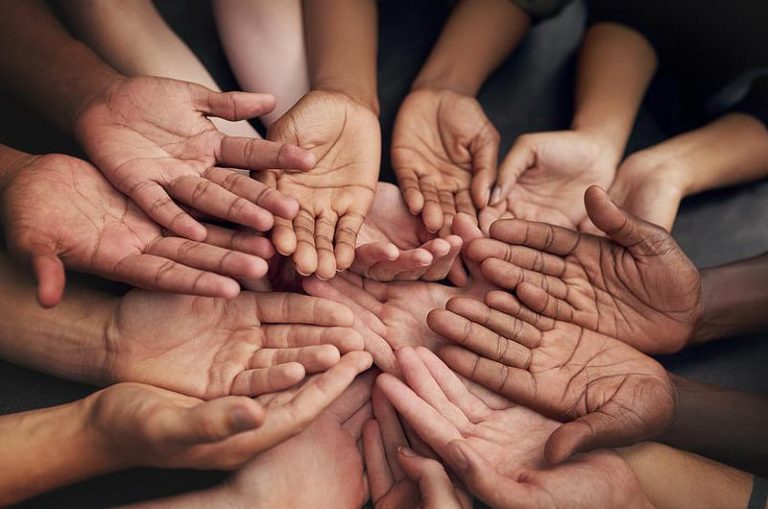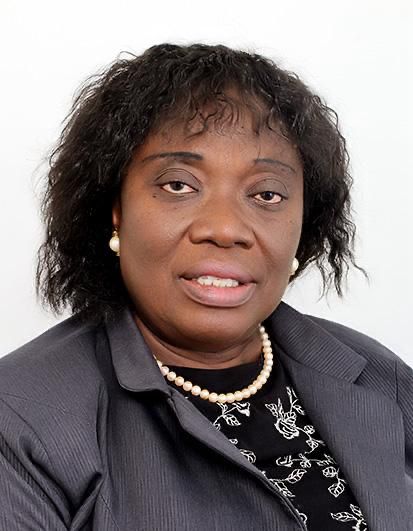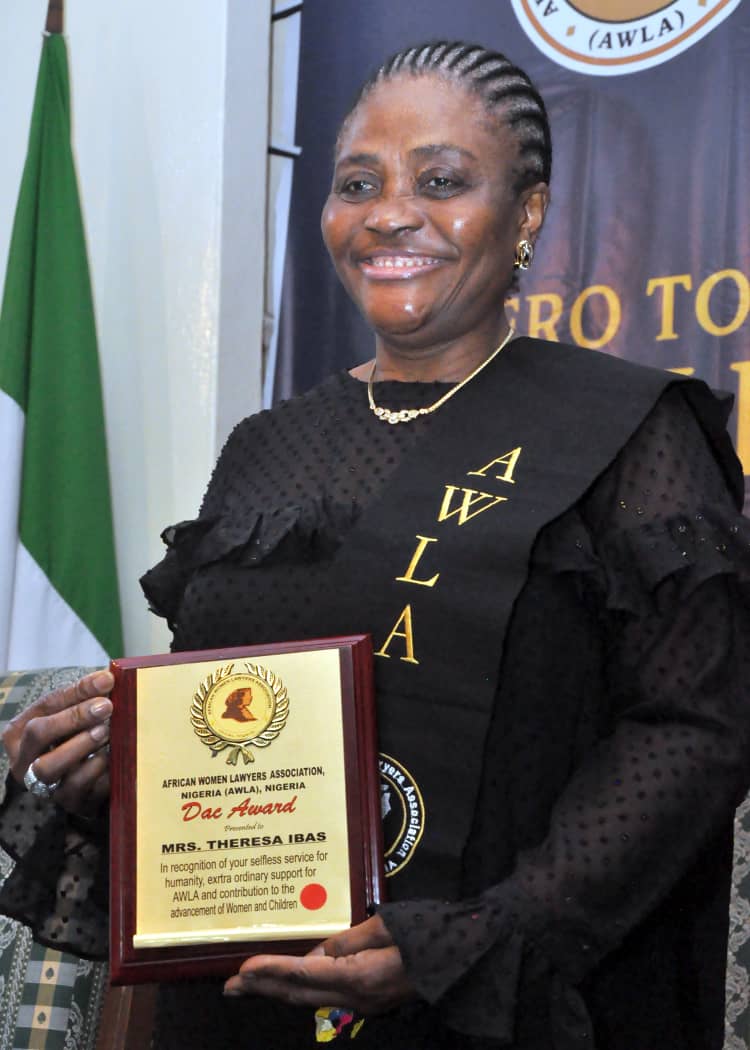How Women can influence Democracy in Nigeria
Women can significantly influence democracy in Nigeria by participating in governance, advocating for their rights, and pushing for policies that promote social transformation.
Here are some key ways women can shape democracy:
Empowering Women in Politics
Increased representation: Women demand equal representation in government positions, which can lead to more inclusive decision-making processes.
Policy influence: Women in politics can advocate for laws and policies that promote gender equality, access to justice, and human rights.
Role models: Female politicians can inspire young girls and women to participate in politics and leadership roles
Female Lawyers’ Impact on Democracy
Advocating for justice: Female lawyers can champion access to justice, equality before the law, and respect for human dignity, which are fundamental to democracy.
Sensitizing the people on their rights and obligations see Chapter 4 of the Constitution of the FRN 1999 as amended sections 33- 46 deals with *Fundamental Rights*. These rights are enshrined in sections 33 to 44 of the Constitution.
Fundamental Human Rights
– Right to Life (Section 33): Every person has the right to life, and no one shall be deprived of life except in execution of a court sentence.
– Right to Dignity of Human Person (Section 34): Every individual has the right to respect for their dignity, and no one shall be subjected to torture, inhuman or degrading treatment.
– Right to Personal Liberty (Section 35): Every person has the right to personal liberty, and no one shall be arrested or detained except in accordance with the law.
– Right to Fair Hearing (Section 36): Every person has the right to a fair hearing within a reasonable time by a court or tribunal.
– Right to Private and Family Life(Section 37): Every person has the right to private and family life.
– Right to Freedom of Thought, Conscience and Religion (Section 38): Every person has the right to freedom of thought, conscience and religion.
– Right to Freedom of Expression and the Press (Section 39): Every person has the right to freedom of expression, including freedom to hold opinions and receive and impart ideas.
– Right to Peaceful Assembly and Association (Section 40): Every person has the right to peaceful assembly and association.
– Right to Freedom of Movement (Section 41): Every citizen has the right to move freely throughout Nigeria and reside in any part thereof.
– Right to Freedom from Discrimination (Section 42): Every citizen has the right to freedom from discrimination on grounds of ethnicity, place of origin, sex, religion or political opinion.
– Right to Acquire and Own Property (Section 43): Every citizen has the right to acquire and own immovable property anywhere in Nigeria.
– Right against Compulsory Acquisition of Property (Section 44): No property shall be compulsorily acquired except for public purposes and with prompt payment of compensation.
The Right to enforcement of your fundamental Human Rights if it is abused
These provisions are designed to protect the fundamental rights and freedoms of individuals in Nigeria
The obligations of citizens under the 1999 Constitution of Nigeria are outlined in Section 24. These duties include
– Abiding by the Constitution: Respecting its ideals, institutions, National Flag, National Anthem, National Pledge, and legitimate authorities.
– Enhancing Nigeria’s Power and Prestige: Defending the country and rendering national service as required.
– Respecting Others’ Dignity: Living in unity and harmony with fellow citizens.
– Contributing to Community Well-being: Making positive contributions to the community’s advancement and progress.
– Assisting in Law and Order: Rendering assistance to lawful agencies in maintaining law and order.
– Paying Taxes: Contributing to the nation’s development through tax payments.
These obligations aim to promote national unity, stability, and progress, while emphasizing the importance of citizen participation in Nigeria’s development
Challenging discriminatory laws: Women lawyers can push for reforms to address laws and policies that perpetuate gender-based discrimination.
Mentorship: Experienced female lawyers can mentor younger female lawyers, promoting their growth and participation in the legal profession
Legal advisers and representation of Female Aspirants in Court
Social Transformation through Access to Justice
Promoting human rights: Female lawyers can advocate for the rights of marginalized communities, including women and children.
Addressing systemic bias: Women lawyers can work to eliminate systemic bias in the justice system, ensuring equal access to justice for all.
Empowering women: By promoting access to justice, female lawyers can empower women to claim their rights and participate fully in society.
Key Initiatives and Recommendations
National Gender Policy: Implementing policies that promote gender equality and women’s empowerment can help bridge the gap between men and women in governance and leadership.
Women’s participation in peacebuilding: Initiatives that promote women’s involvement in peacebuilding and conflict resolution can contribute to more inclusive and effective governance.
Capacity building: Providing training and capacity-building programs for women in politics and law can enhance their skills and confidence, enabling them to participate more effectively in decision-making processes
Passing the Gender Bills into Law
The National Assembly has several gender-related bills before it,
These bills aim to address various aspects of gender inequality in Nigeria,
including women’s representation in politics, protection against gender-based violence, and equal opportunities for men and women.
These bills include
– National Centre for Women Development Act (Repeal and Enactment) Bill*: This bill seeks to repeal and re-enact the National Centre for Women Development Act to enhance women’s development and empowerment.
– Women’s Representation in Legislative Houses Bill: This bill aims to increase women’s representation in legislative houses at both national and sub-national levels.
– Gender and Equal Opportunities Bill: This bill seeks to promote equal opportunities for men and women and eliminate discrimination based on gender.
– Sexual Offences Act (Amendment) Bill: This bill aims to strengthen laws against sexual offences and protect victims of sexual violence.
– Discrimination Against Persons with Disability (Prohibition) Act (Amendment) Bill: This bill seeks to strengthen laws against discrimination against persons with disabilities.
– Reserved Seats for Women Bill: This bill proposes to reserve special seats for women in the National
Assembly and state houses of assembly to increase women’s representation in politics.
– Affirmative Action for Women in Political Party Administration: This bill seeks to ensure that at least 35% of party executives are women.
– Appointment of Women as Ministers and Commissioners: This bill proposes to ensure that at least 10% of ministers and commissioners are women.
This bill to my mind is a beggarly bill and is contrary to the affirmative action policy and the agenda Parity goal
Conclusion
Women’s influence on democracy in Nigeria is crucial for promoting social transformation, access to justice, and respect for human dignity. Female lawyers, in particular, play a vital role in shaping the justice system and advocating for human rights. By empowering women in politics and law, Nigeria can build a more inclusive and progressive society.
Mandy Demechi-Asagba
President
African Women Lawyers Association (AWLA)
October 1, 2025
Paper presented at the Round Table on the Role of Nigeria in Democracy in Africa
Discourse Organised by The International College for Diplomatic Affairs


